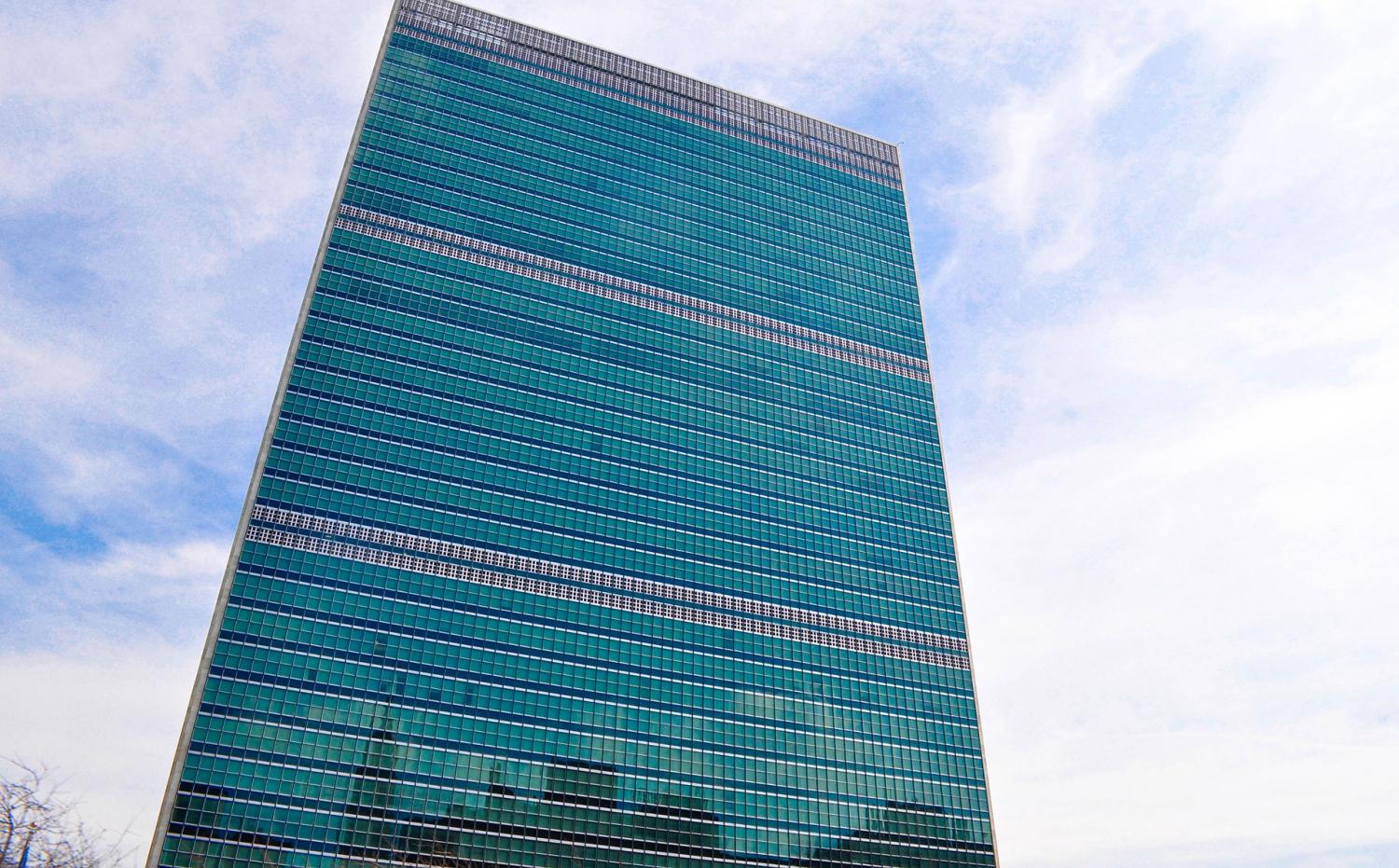
From melting Arctic icebergs to record-breaking European heatwaves and super-charged hurricanes, floods, and wildfires in the Americas, climate change is making its impact felt across the globe. Climate-related disasters are now occurring at the rate of one a week, with the resulting costs estimated at $520 billion a year, according to the United Nations. Yet plans for climate resilience and adaptation are often overlooked as governments and donor agencies grapple with climate change priorities, policymaking and finance.
A new report by the Global Commission on Adaptation, headed by Microsoft founder turned philanthropist Bill Gates and former U.N. Secretary-General Ban Ki-moon, aims to change that. Released last week, as the devastation wreaked by Hurricane Dorian continued to unfold, it mapped out a $1.8 trillion blueprint to ready the world to withstand intensifying climate impacts. The Commission launched the report in a dozen capitals, with the overarching goal of jolting governments and business into action.
Within that blueprint lies numerous opportunities for companies worldwide. Private-sector investment will be crucial if the world is to cope with climate volatility in the coming decades—and companies in turn could see growth through projects related to water, agriculture and infrastructure.
Five climate resilience priorities
Specifically, the report calls for massive public- and private-sector spending over the next decade on disaster early warning systems, climate-resilient infrastructure, and agriculture, mangrove protection and water security. The return on investment, the Commission estimates, would be substantial: as much as $7.1 trillion in environmental and social benefits, economic gains driven by innovation and avoided climate-related losses.
To implement its adaptation blueprint, at the pace and scale required, the Commission calls for a “revolution” in how governments and business factor climate risks into decision-making and how planning decisions are made at every level. “With greater support for innovation, we can unlock new opportunities and spur change across the global ecosystem,” Gates said. “Adaptation is an urgent issue that needs support from governments and businesses to ensure those most at risk have the opportunity to thrive.”
The alternative, the report warns, will be deepening poverty, soaring levels of migration and an “irrefutable toll on human life.” Without adaptation, climate impacts may push more than 100 million people in developing countries into poverty by 2030, depress growth in global agriculture yields by up to 30 percent by 2050 and make water shortages a reality for more than 5 billion people by mid-century. Rising sea levels and storm surges could force hundreds of millions from coastal cities, generating global costs of more than $1 trillion a year.
Opportunities for investing in resilience abound during NYC Climate Week
The Commission’s report landed just in time to influence the Climate Action Summit convened by current U.N. Secretary-General Antonio Guterres in New York City this month. On September 23, heads of government, CEOs and civil society leaders will meet in New York to provide a "shot in the arm" to the ongoing international climate negotiations.
Guterres has urged national leaders to turn up with concrete, realistic plans to enhance their current mitigation pledges by 2020, in line with reducing global greenhouse gas emissions by 45 percent over the next decade, and to net zero by 2050. Meanwhile, business leaders are expected to announce or reinforce commitments to their own GHG reduction targets and to expand private-sector climate finance. In the build-up to the summit, 28 global corporations committed to or reaffirmed science-based targets for operational emissions aligned with limiting global temperature rise to 1.5 degrees Celsius above pre-industrial levels.
Adaptation and resilience is one of nine action areas up for discussion at the summit, which will kick off the annual Climate Week NYC. Other priorities include energy and industry transition, climate finance, city and local action, and nature-based solutions.
The Global Commission on Adaptation has contributed to the resilience agenda that governments will consider, as have the World Economic Forum and leading insurance companies. The action track will focus on disaster prevention and recovery, as well as “integrating climate risks into public and private sector decision-making to assure sustainability of food, water and jobs for the future.”
On all fronts, the hope is that the Gates-Moon plan, coupled with the summit in New York, will trigger the major progress the world sorely needs at the next Conference of Parties to the U.N. Framework Convention on Climate Change (UNFCCC) in December.
Image credit: Erdenebayar Bayansan/Pixabay

Polly Ghazi is a freelance sustainability writer, editor and communications strategist in Washington, DC. A former Environment Correspondent of the UK Observer, and senior writer-editor at the World Resources Institute, Polly has authored two books on sustainability and worked in the field for 25 years.














